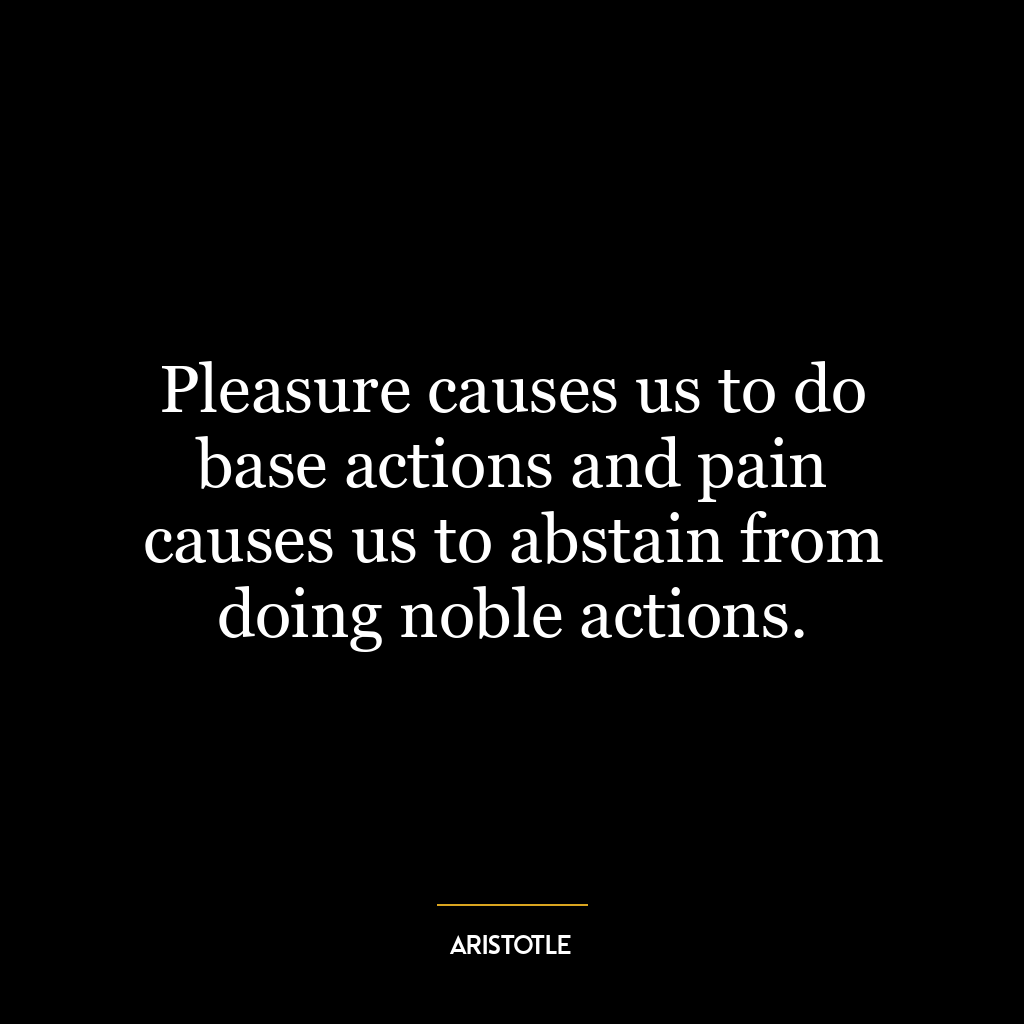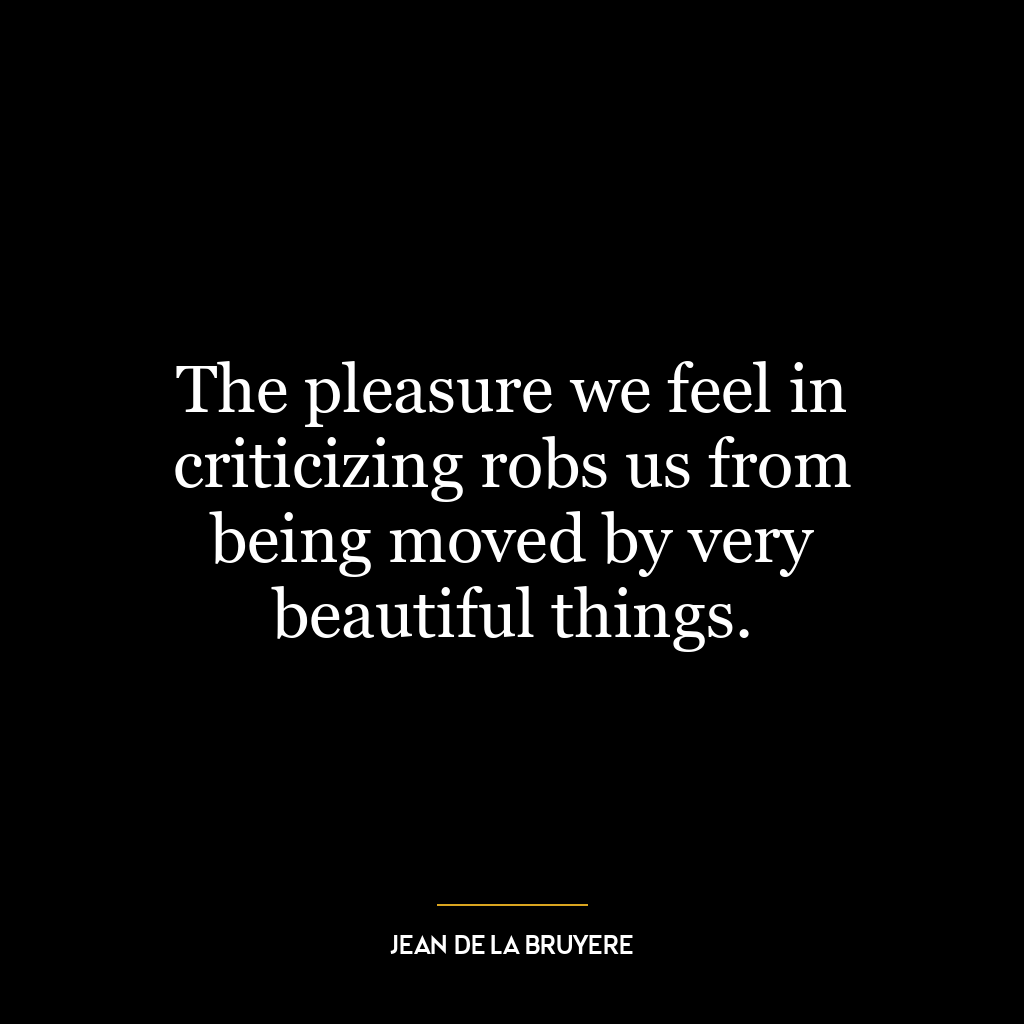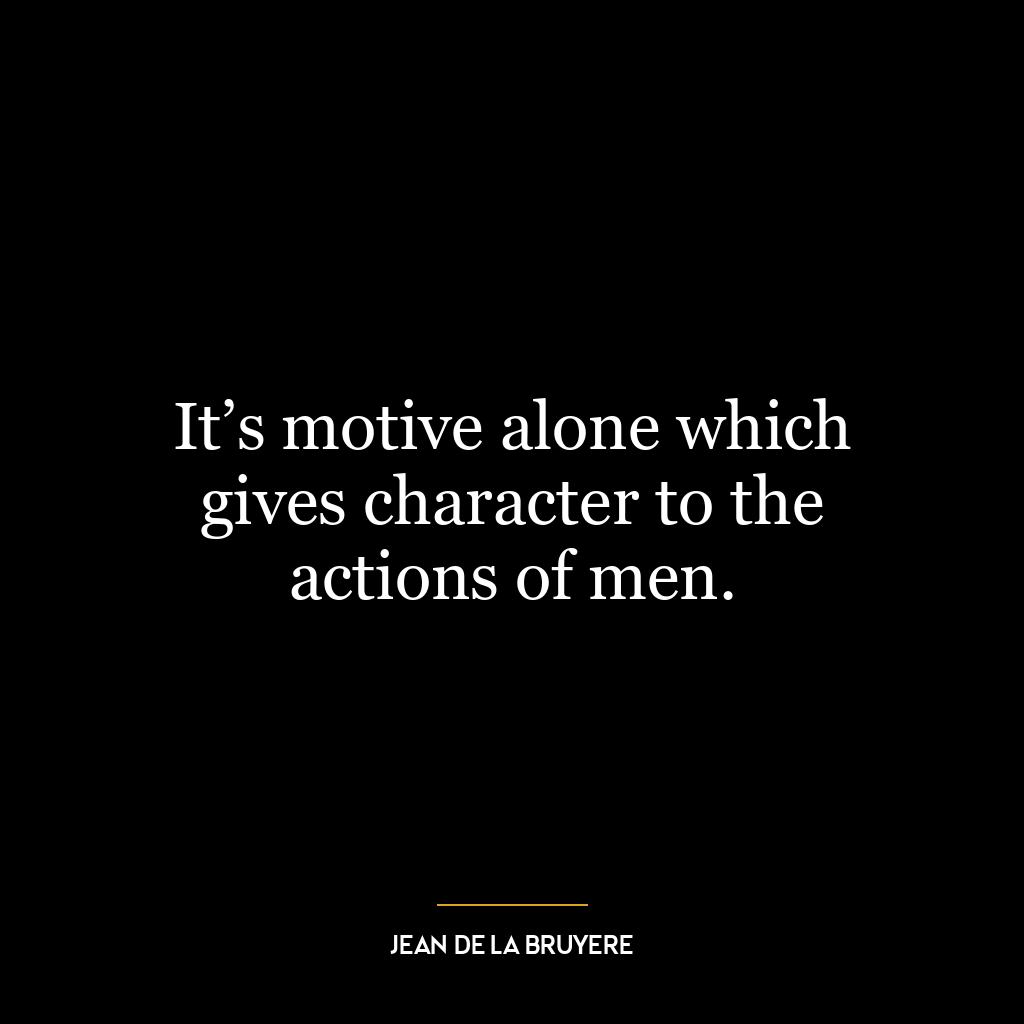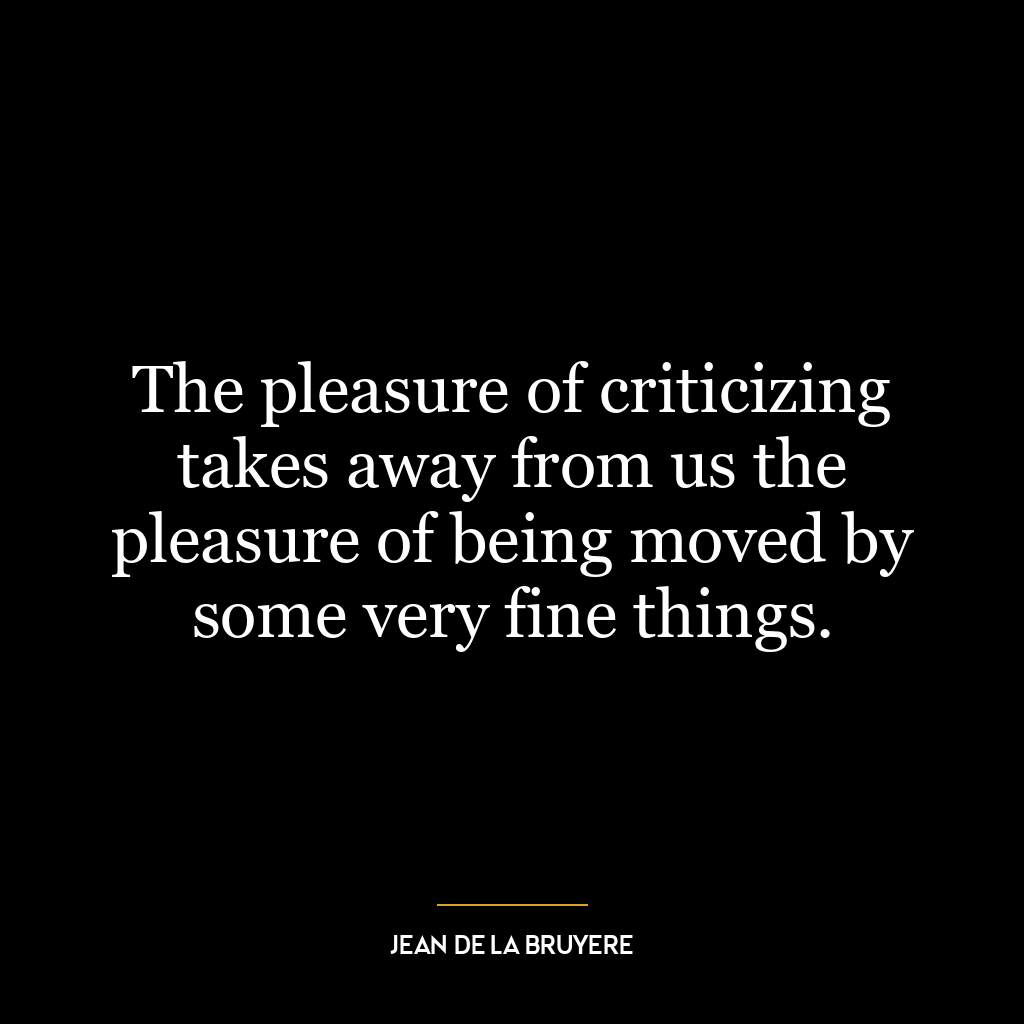This quote by Aristotle delves into the human nature of decision-making, particularly the influence of pleasure and pain on our actions. He suggests a dichotomy where pleasure often leads us to lower, less noble actions, while pain deters us from pursuing higher, noble actions.
When Aristotle refers to “base actions,” he’s talking about actions that are driven by immediate gratification or self-interest, often at the expense of others or our own long-term well-being. The lure of pleasure can sometimes blind us to the potential negative consequences of our actions, causing us to behave in ways that are less than noble. For example, the pleasure derived from indulging in unhealthy food might lead us to overeat, disregarding the potential health implications.
On the other hand, “noble actions” are those that are virtuous, selfless, or contribute to our long-term well-being or the well-being of others. Pain, in this context, can be seen as the discomfort or difficulty associated with doing the right thing. For instance, the pain of discipline or sacrifice might deter us from pursuing a healthier lifestyle, studying for a better future, or helping others.
In today’s world, this quote can be applied to various aspects of life, from personal development to societal issues. In personal development, it reminds us to be mindful of our motivations and the potential long-term effects of our actions. It encourages us to endure the temporary ‘pain’ of discipline and hard work to achieve long-term success and happiness, rather than succumbing to the ‘pleasure’ of instant gratification that may lead to negative consequences.
In a broader societal context, it highlights the importance of making decisions that are in the best interest of the community or the environment, even if they may cause temporary discomfort or inconvenience. For example, the ‘pain’ of reducing our carbon footprint—like using less energy or giving up certain luxuries—can lead to the ‘noble action’ of preserving the planet for future generations.
In conclusion, Aristotle’s quote serves as a timeless reminder to weigh our actions against their potential consequences and to strive for nobility, even in the face of discomfort. It prompts us to question whether we’re being driven by short-term pleasure or long-term growth and goodness.















